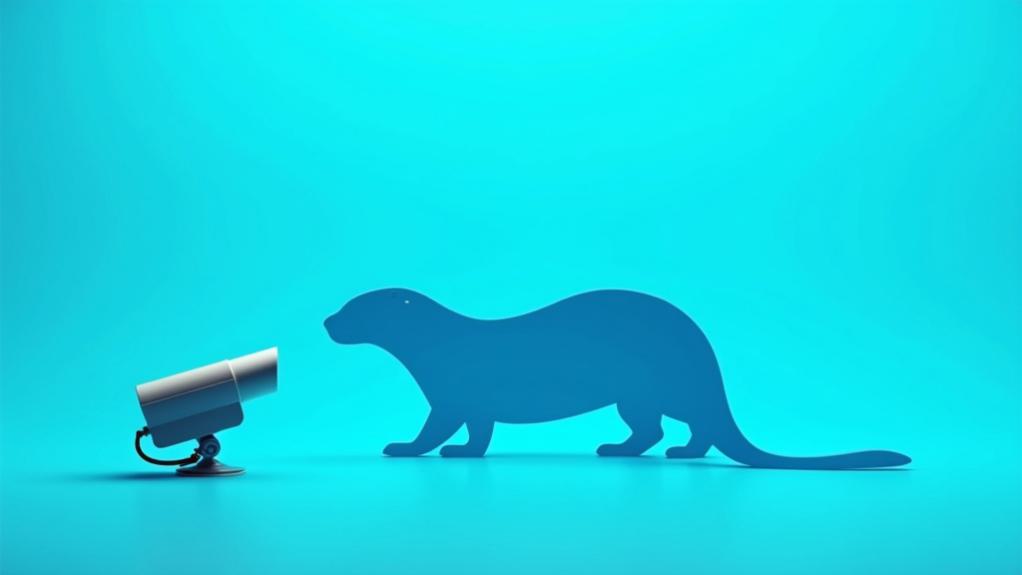A federal class-action lawsuit in California claims Otter AI’s notetaking tool secretly records private work meetings without consent. The tool allegedly joins calls automatically on platforms like Zoom and Microsoft Teams, operating like a “digital ninja” without announcing its presence. The case, which includes complaints from medical professionals about confidential patient calls, could reshape how AI transcription services handle privacy. The unfolding legal battle promises major implications for workplace privacy and AI tools.
A major class-action lawsuit has rocked the AI transcription industry as Otter AI faces serious allegations of secretly recording private work meetings without consent. The federal lawsuit, filed in California, claims the company’s Otter Notetaker tool automatically joins and records meetings through popular platforms like Slack, Zoom, Google Meet, and Microsoft Teams without properly notifying participants. Two-party consent laws are at the center of this legal challenge, with plaintiffs arguing these recordings violate state privacy regulations. The lawsuit specifically points to a medical professional, Christopher Papa, who discovered that an Otter bot joined his confidential patient call without permission.
Think of it like having an uninvited guest secretly taking notes at your private dinner party – that’s fundamentally what Otter AI is accused of doing in workplace meetings. The lawsuit alleges the company not only records these conversations but also transcribes and uses the content without getting the green light from anyone in the room, which could be a serious no-no under privacy laws.
Imagine a stranger silently recording every word at your dinner table – that’s what Otter AI allegedly did in countless workplace meetings.
The heart of the legal battle centers on how Otter’s technology sneaks into meetings through API integrations. When someone adds Otter to their account, it can hop into any meeting without announcing itself – kind of like a digital ninja, but not the fun kind. This raises red flags about workplace privacy, especially when sensitive business information is being discussed.
What makes this case particularly interesting is its timing in the evolving landscape of AI meeting assistants. While traditional recording software typically comes with those familiar “this call may be recorded” warnings, Otter AI allegedly skips this vital step. For businesses operating in California, where privacy laws are stricter than a high school hall monitor, this could spell serious trouble.
The implications stretch far beyond just one company’s practices. This lawsuit could set the ground rules for how AI-powered transcription services handle consent and privacy in our increasingly virtual workplace.
As of August 2025, Otter AI hasn’t publicly responded to these allegations, leaving users wondering about the fate of their recorded conversations. The outcome of this case might just reshape how we think about AI assistants in our daily work lives – and whether they’re really the helpful tools we thought they were.







